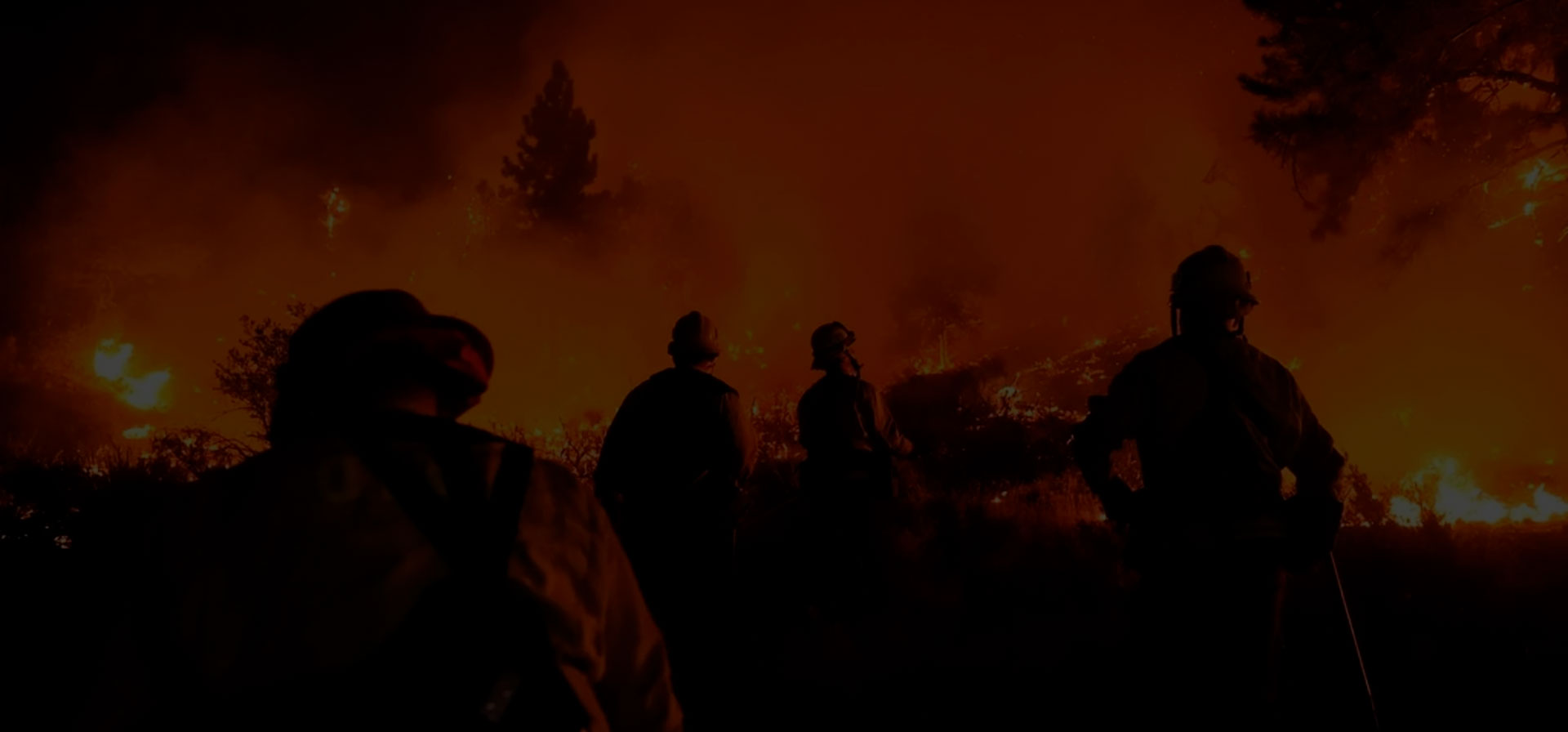Authors:
Dealers Open Lot coverage is a type of insurance designed to protect car dealerships or businesses that have a large inventory of vehicles stored on an open lot. This coverage protects against various risks that could damage or destroy vehicles held for sale. The specific coverage can vary depending on the insurance provider and the terms of the policy, but generally, dealers open lot insurance covers:
- Physical Damage: This includes damage to vehicles caused by events such as theft, vandalism, fire, flood, hail, windstorm, or other natural disasters.
- Collision Coverage: Protection against damage resulting from collisions with other vehicles or objects.
- Theft: Coverage for theft of vehicles from the dealer's lot.
- Acts of Vandalism: Protection against intentional damage to vehicles on the lot, such as graffiti or destruction of property.
- Weather-Related Damage: Coverage for damage caused by weather events like hailstorms, floods, hurricanes, or tornadoes.
- Transportation Risks: Some policies may cover damage that occurs while vehicles are being transported to or from the dealership.
- Demonstration Vehicles: Coverage for vehicles used for test drives or demonstrations.
- Risk of Theft or Vandalism: Dealerships located in high-crime areas may face a greater risk of theft or vandalism. Insurance companies may adjust coverage or premiums accordingly to account for this increased risk.
- Weather Exposure: The geographic location of your lot can affect the risk of weather-related damage, such as hailstorms, floods, hurricanes, or tornadoes. Areas prone to severe weather may require higher levels of coverage or additional endorsements to protect against these risks.
- Proximity to Bodies of Water: Lots located near bodies of water, such as rivers, lakes, or oceans, may face increased risk of flooding or water damage. Insurance policies may include specific provisions or exclusions related to water damage based on the lot's proximity to these areas.
- Local Building Codes and Regulations: Insurance coverage may be influenced by local building codes and regulations, particularly regarding fire safety or flood zoning requirements. Compliance with these regulations may affect the cost of insurance or eligibility for certain types of coverage.
- Traffic Patterns and Road Safety: Lots situated in busy traffic areas or near accident-prone intersections may have a higher risk of collisions or vehicle damage. Insurance companies may consider these factors when assessing coverage needs and premiums.
- Geological Risks: Locations prone to geological hazards such as earthquakes, landslides, or sinkholes may require specialized coverage or endorsements to protect against these risks.
- Security Measures: Implementing robust security measures can help deter theft and vandalism, thereby reducing the risk and potential insurance claims. This may include installing security cameras, alarm systems, perimeter fencing, and adequate lighting on the lot.
- Risk Mitigation: Take proactive steps to mitigate risks associated with the location, such as reinforcing structures to withstand severe weather, implementing flood prevention measures, or addressing any safety hazards identified in the area.
- Loss Prevention Programs: Establishing comprehensive loss prevention programs can help identify and address potential risks before they lead to insurance claims. This may involve regular inspections, maintenance checks, employee training on safety protocols, and implementing disaster preparedness plans.
- Invest in Safety Features: Equip your vehicles with anti-theft devices, GPS tracking systems, and other safety features that can reduce the likelihood of theft or damage. Insurance companies may offer discounts for vehicles equipped with such devices.
- Insurance Policy Review: Regularly review your insurance policy with your agent or broker to ensure that you have the appropriate coverage for your specific location and needs. They can help you identify any gaps in coverage or opportunities for discounts or savings.
- Shop Around: Don't hesitate to shop around and compare quotes from different insurance providers. While location plays a significant role in determining premiums, insurance companies may assess risk differently, leading to variations in pricing. Working with an independent agent who can provide quotes from multiple carriers can help you find the most competitive rates.
- Bundle Policies: Consider bundling your Dealers Open Lot insurance with other business insurance policies, such as general liability or commercial property insurance. Insurance companies often offer discounts for bundling multiple policies.
- Risk Management Training: Provide training to employees on risk management practices, such as proper vehicle storage and handling procedures, emergency response protocols, and how to report incidents promptly to minimize losses.





